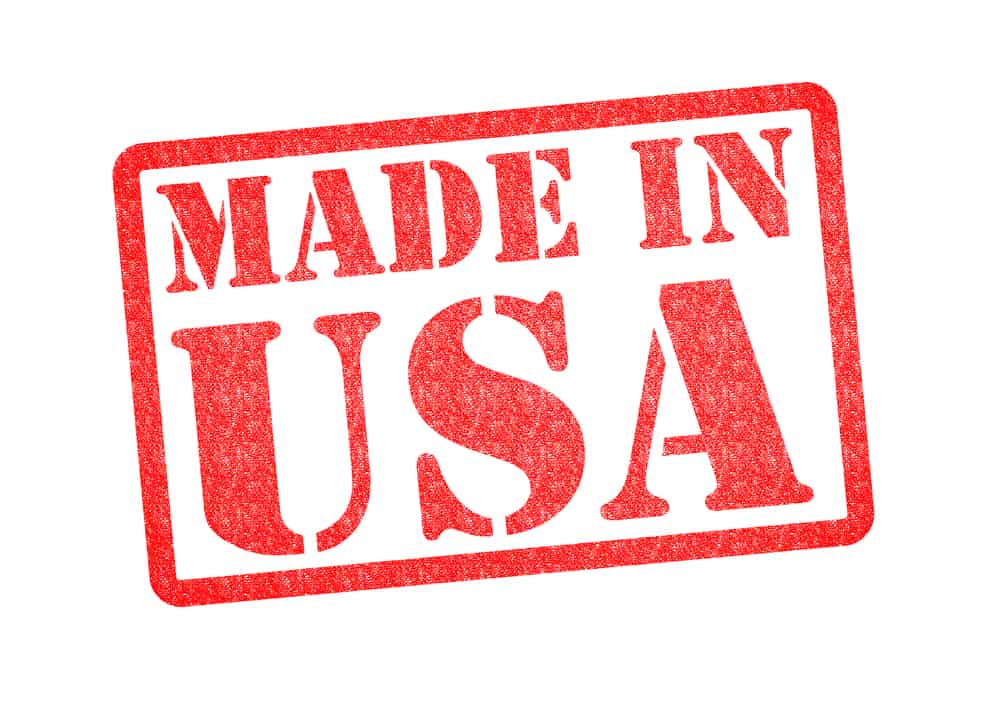Merchant Cash Advance or Invoice Factoring
One of the options small businesses may turn to for financing immediate cash flow needs is a merchant cash advance (MCA). However, these cash advances can set off a devastating cycle of borrowing which can have catastrophic consequences for a business owner. While a Merchant Cash...









